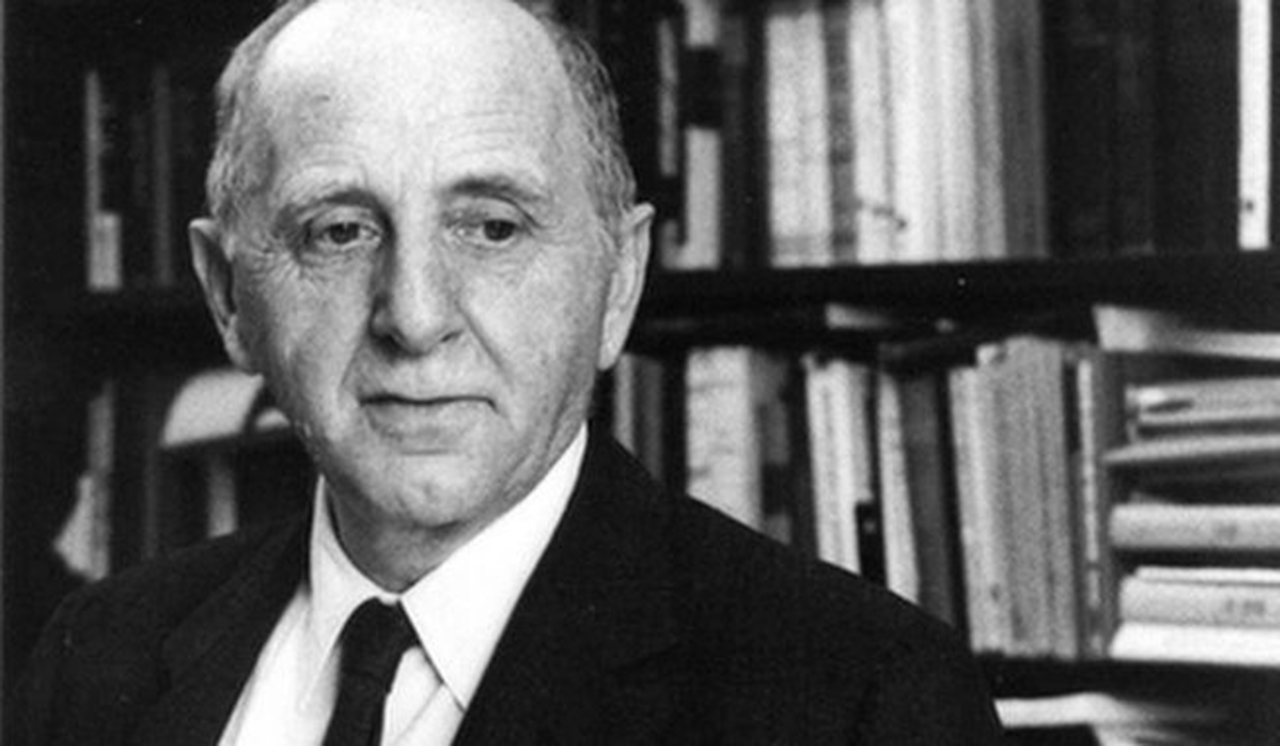Ludwig Lachmann 101: Who is the German Economist? in our article of Zatrun.com we will cover in detail everything you need to know about the German economist Ludwig Lachmann, who our readers are curious about.
Who is Ludwig Lachmann?
Ludwig M., who made important contributions to the Austrian School of Economics. December February 1, 1906 – December 17, 1990) was a Jewish-German economist. Ludwig Lachmann was born on February 1, 1906 in Berlin, Germany, the son of a middle-class Jewish family. His father was a metal manufacturer, and his mother had an intellectual background that had a strong influence on the young Ludwig.

His uncle, a banker, also had a significant influence on his early intellectual development. L. Lachmann is an only child and was first educated by his mother. But later he enrolled in Askanisches High School. Despite Germany’s constant political and economic instability and crises, his childhood years were characterized as happy.
In the late 1920s, Ludwig Lachmann met his future wife Margot Wulff at an Italian language course. They met again in Saint-Moritz and started a relationship. Dec. When their financial situation improved, the couple married in England in 1939. At the same time, Ludwig’s colleague Karl Mittermaier described their marriage as a “successful match”. Lachmann was described by those who knew him as an unusual man and a European gentleman. She was also known to be elegant, thoughtful, and witty.
His Educational Life
in 1924, he enrolled at the University of Berlin, where he was educated Lachmann by Werner Sombart. Later, he introduced Weber to his work, which would influence his work for a lifetime. in 1926, he spent a semester at the University of Zurich, where he became acquainted with the works of Ludwig von Mises and Friedrich Hayek.
Lachmann graduated in 1930 and became a lecturer at the university. When Adolf Hitler came to power in 1933, Ludwig Lachmann and his girlfriend Margot moved to England, where they struggled financially.

Unable to find an academic position, Lachmann enrolled as a student at the London School of Economics. It was there that he met one of his classmates, George Shackle, whose ideas would influence his future studies. Lachmann, who was not critical of the so-called “Keynesian revolution”, deepened his interest in the Austrian School. He sided with Hayek, one of the few people to do so.
His Career Journey
in 1938, Ludwig Lachmann was awarded with a research project on “secondary depressions” by the University of London, where he went to the United States to attend seminars by Alfred Schütz and Frank Knight. December July-Lachmann, who became a German citizen after the outbreak of war in Europe, was detained by the British authorities from July to Dec 1940. He became head of the Economics Department at the University of Hull and held this position until he left the UK in 1948.

in 1974, a conference on the Austrian economy was held in South Royalton, Vermont, where Lachmann, Israel Kirzner and Murray Rothbard were prominent speakers. This conference led to the publication of Lachmann’s book “Foundations of the Modern Austrian Economy”, to which he contributed, in 1976.
Lachmann also entered an economic discussion with Kirzner on the concepts of equilibrium and the role of the entrepreneur. Lachmann died on December 17, 1990. His widow, in memory of her husband, provided scholarships and financial support at the Department of Philosophy, Logic and Scientific Method of the London School of Economics, “Ludwig M. He founded the Lachmann Research Fund “.












